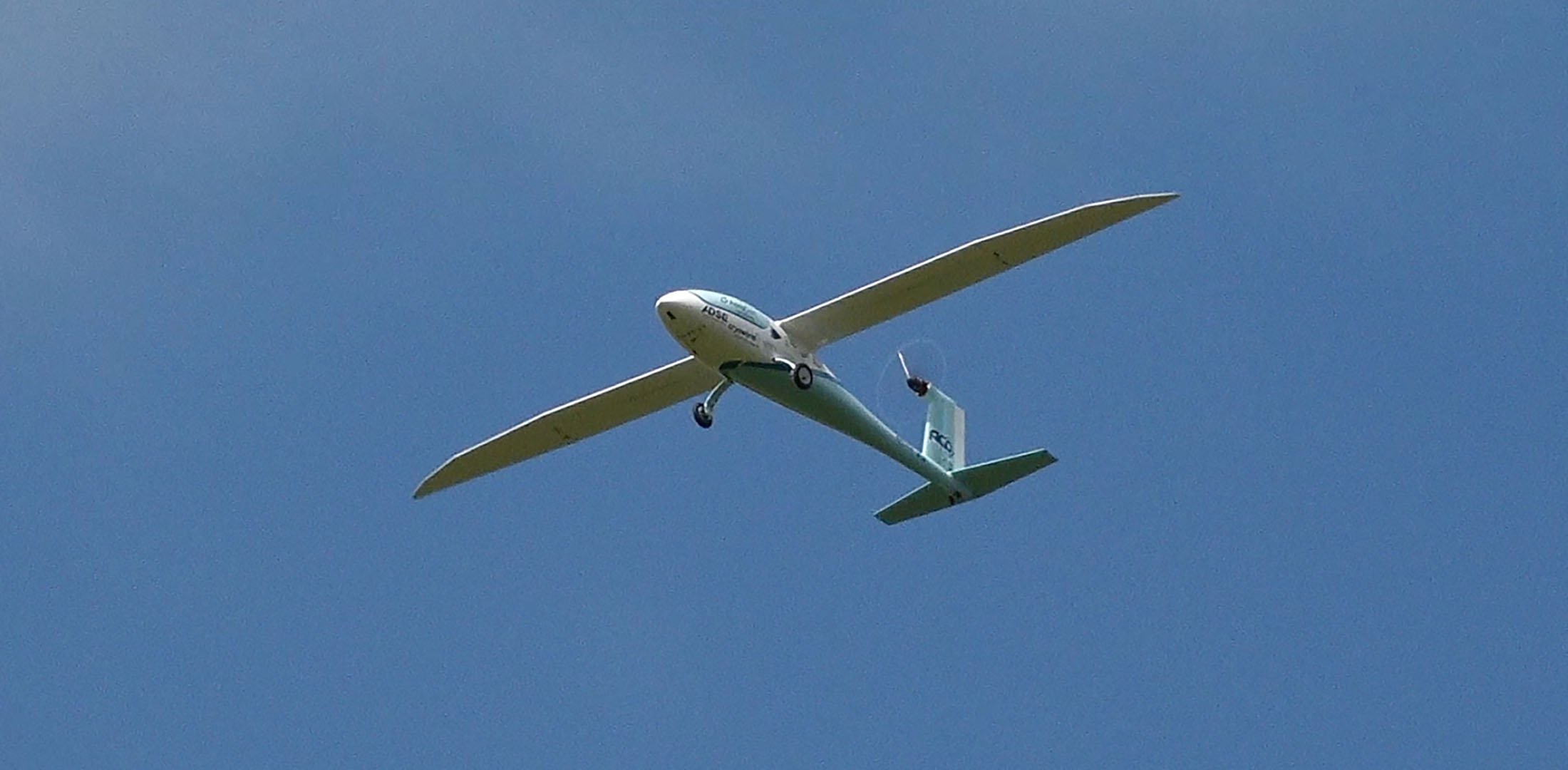AeroDelft, a student-run team of engineers at the Technical University of Delft in the Netherlands, has partnered with Airbus on its work to build hydrogen-powered aircraft.
Airbus will collaborate with AeroDelft on the development of AeroDelft’s Phoenix, a hydrogen-powered, fixed-wing aircraft that the student team aims to produce by 2025. The team has already built and flown a remotely piloted Phoenix prototype, a 1:3 scale model of its aircraft that is powered by electric batteries. Now it is working on the larger Phoenix Full Scale, a crewed, two-seat aircraft that will run on liquid hydrogen.
Meanwhile, Airbus is focusing on its own hydrogen propulsion project. The European aerospace company is developing three potential concepts for a hydrogen-powered, zero-emission commercial airliner called ZeroE, which it aims to bring to market in 2035. All three ZeroE concepts are hybrid-hydrogen aircraft powered by hydrogen combustion through modified gas turbine engines, with liquid hydrogen (LH2) being used as fuel for combustion with oxygen.
“Currently at AeroDelft, the biggest hurdles we have to overcome are regarding the LH2 system, as this is by far the most experimental part of the aircraft,” AeroDelft’s chief of partnerships, Joseph Michaels, told FutureFlight. “No one has flown a manned aircraft with LH2 and fuel cells before. Therefore, there is a vested interest in developing and testing these systems across the whole industry.”
With the ultimate goal of developing a piloted, liquid hydrogen-powered Phoenix Full Scale aircraft by 2025, AeroDelft plans to start out using hydrogen gas instead of liquid hydrogen. But for now, the student team is still conducting battery-electric flights with its Phoenix PT prototype. The team plans to conduct its first flights using hydrogen gas in an uncrewed prototype during 2023. In 2024, it will begin flying the full-scale version of the aircraft with a pilot on board, still using hydrogen gas. Liquid hydrogen-powered flights of the full-size model are expected to begin in 2025.
Airbus has also partnered with aircraft engines group CFM International on the hydrogen propulsion system for ZeroE, and the company has signed agreements with several airlines—including Delta Air Lines, European budget carrier EasyJet, SAS Scandinavian Airlines, and Air New Zealand—to study infrastructure needs for future hydrogen-powered aircraft. Its first hydrogen-powered aircraft, the ZeroE demonstrator, will use a converted A380 widebody airliner to test hydrogen combustion technology.
“We are determined to make climate-neutral aviation a reality and believe hydrogen is a very promising way to do so," said Rob Postma, CEO of Airbus Netherlands. "We are thrilled to see that AeroDelft and a whole new generation of aerospace students share the same ambition. What AeroDelft has achieved so far is quite impressive and we need to join forces with everyone out there willing to put their brain and energy into the biggest challenge our aviation industry is facing—but also the most exciting one: zero-emission flight.”
